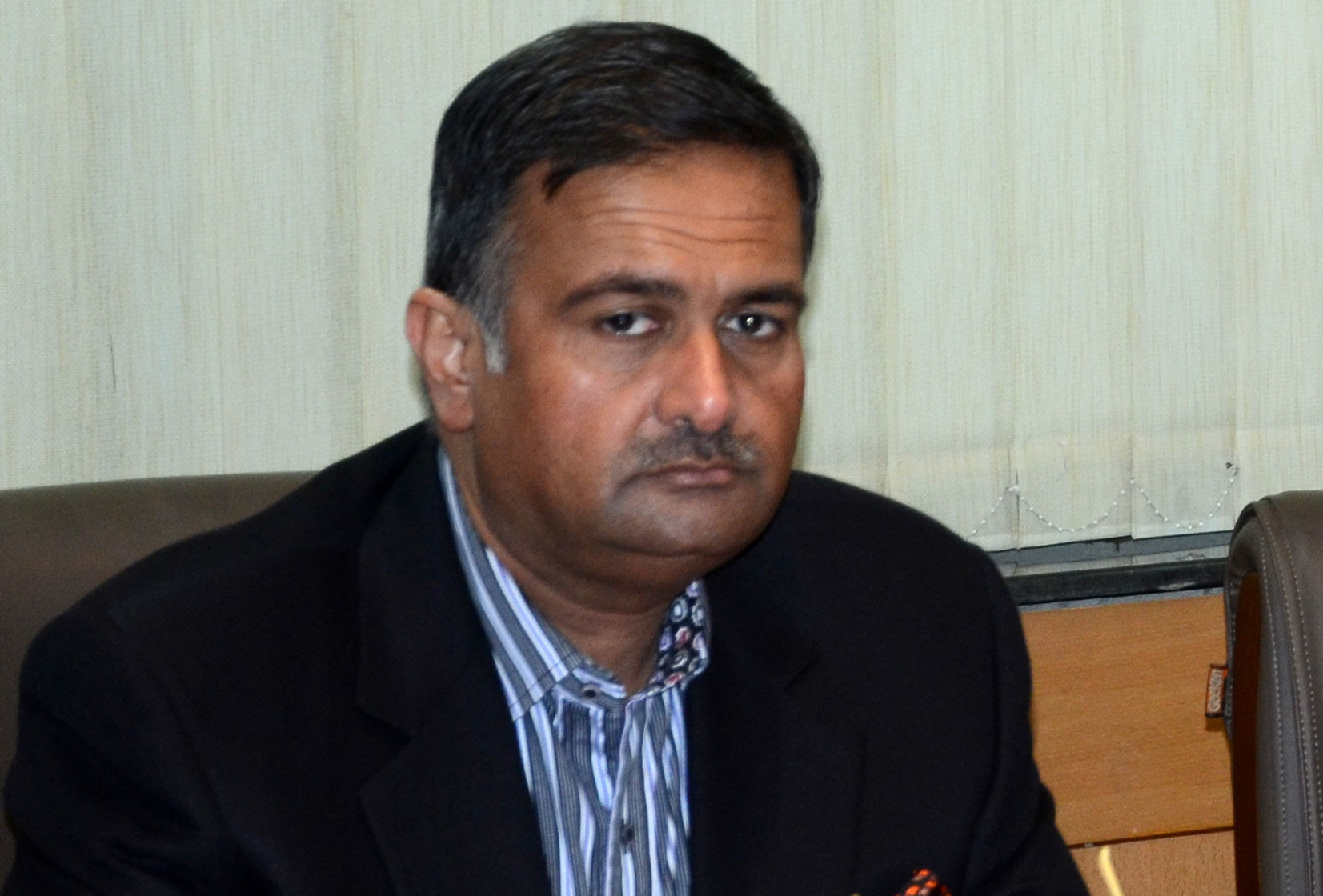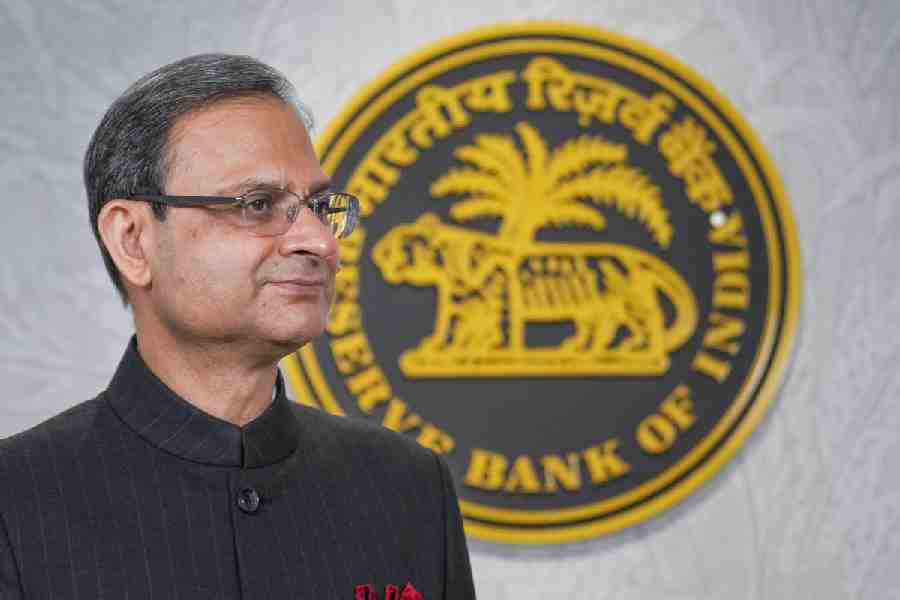The consent of Prashant Jhawar, who, along with his father Basant K. Jhawar, holds more than 25 per cent in Usha Martin (UML), will decide the fate of the deal with Tata Steel.
Prashant is locked in a family feud with his cousin Rajeev Jhawar over the control of Usha Martin and did not officially comment on the transaction. However, people close to his camp said Prashant was left in the dark about the deal.
They cited the case before the NCLT between the brothers over the ownership and management control.
“Can the deal be concluded without the court cases being resolved?” they asked.
Tata Steel had said the closure of the deal is subject to “conditions precedent”, approval of shareholders and lenders and regulatory consent.
The Prashant camp said the Jharkhand government had raised a demand of Rs 600 crore on various accounts, suggesting that part of the sale proceeds might have to be used for settlement before the deal goes through.
Based in London, Prashant has little control over the management of UML, which is run by Rajeev. Both hold equal shares.
Prashant had demanded that he be included in the independent directors’ committee that was monitoring the sale. The request was declined. Rajeev Jhawar was not part of the committee too.
Usha Martin is under stress because of its debt burden and the sale of the steel business was chosen as one option. Prashant had earlier suggested that the entire company, including wire and wire ropes, be sold and the money be distributed among shareholders.
However, a section of the shareholders feel Prashant may not finally oppose the deal as the sale would make UML a sustainably profitable company. This would benefit him when the stock market values the company at a higher price-earnings multiple.










